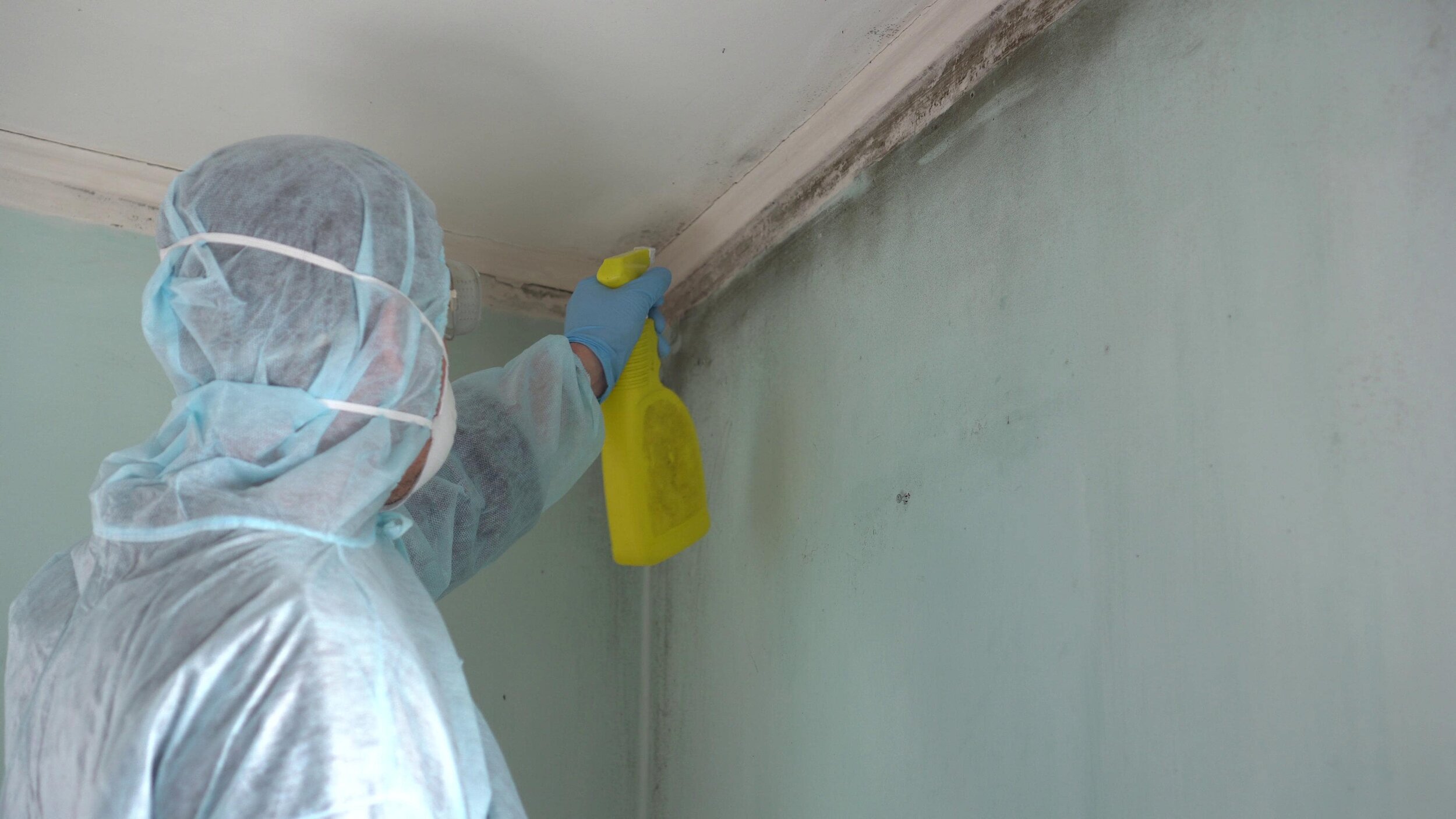Mold Remediation
One of the consequences of an untreated water damage is mold. Whether it be from unforeseen weather damages, leaking pipes, or simply not understanding the possible health hazards of a water loss - mold poses a risk to all occupants in the home.
That constant runny nose, headache and lung irritation might not just be from the seasonal changes. In some people, exposure to disturbed mold spores can cause severe asthma attacks. If you notice mold spores growing within your home, DON’T attempt a “DIY mold abatement”.
With decades of experience, our certified mold remediation experts can assess the damage, tackle your mold issue at it’s source, and restore your home to hospitable and healthy living conditions.
FAQS:
How do I know if I have mold?
Some of the more common signs of mold growth to look out for include:
A musty/dank smell
Dark/colored spots which spread and grow over time
Seasonal allergies which don’t subside
Your asthma worsen (If you’re asthmatic)
Bubbling or discoloration in your wallpaper
Where do I look for mold?
Mold growth is commonly found around:
Your bathroom ceiling and around your shower area
The laundry room and kitchen
Underneath your sink
The b asement
Why should I be concerned with mold?
You may have been told by a neighbor or reading on the web that mold can be simply taken care of by some vinegar and ethanol. While this can be true in some cases (mold growth on your tile grout can be common in unventilated areas for example) untreated mold can cause damage to your drywall, furniture, and clothing.
If left untreated for too long S. chartarum, or more commonly known as “black mold” can cause fungal infection, allergies and irritation, and in very minute cases unique and rare health conditions. In any case, long term mold exposure can be detrimental to all occupants in the household.



